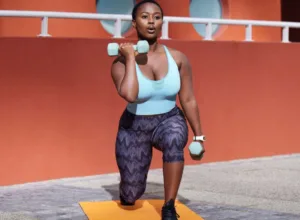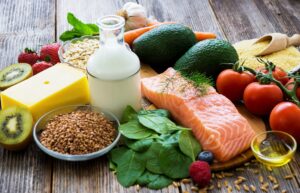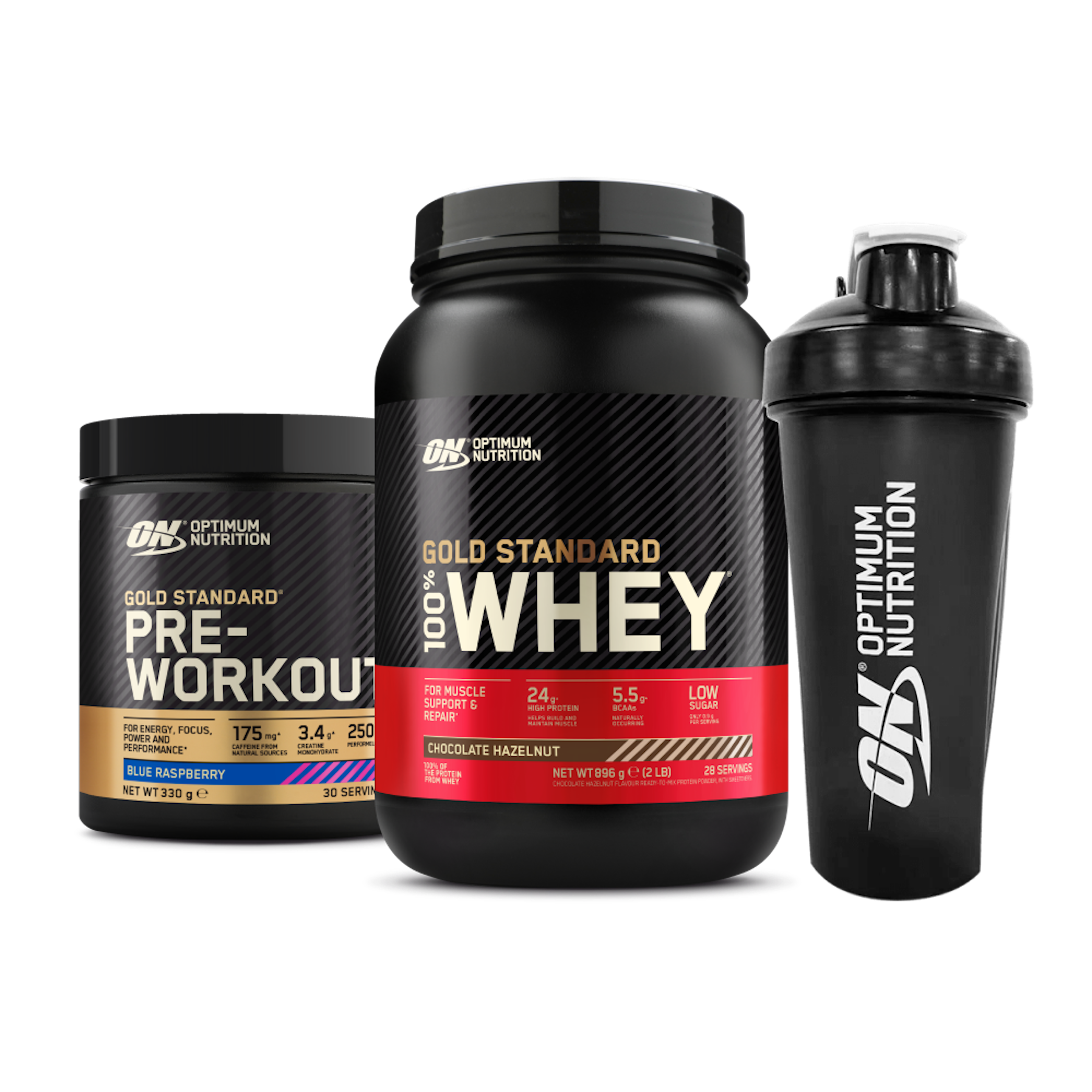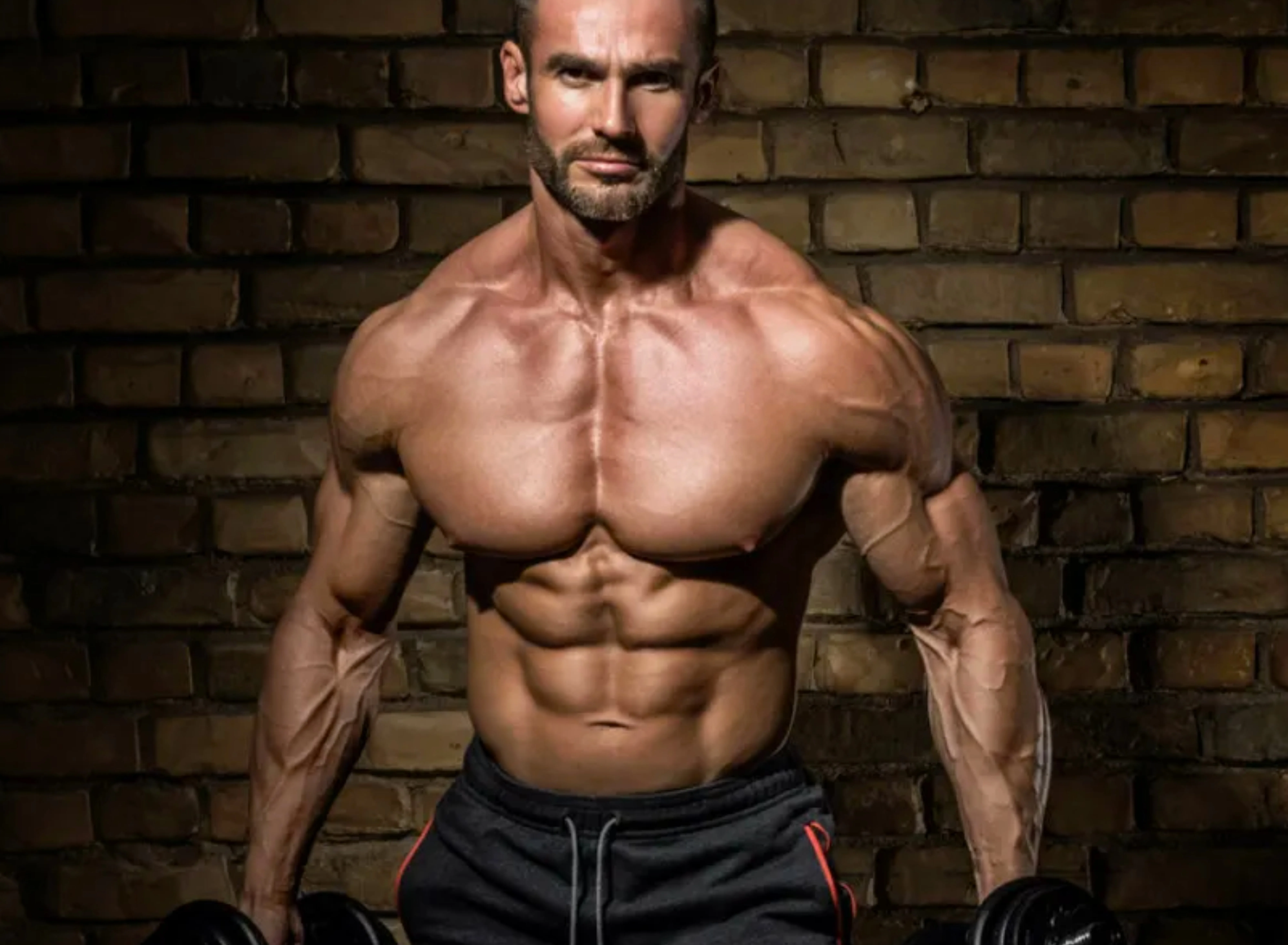The Battle between diet and exercise for weight loss is a timeless one. Both play crucial roles, but which reigns supreme? Let’s unveil the science behind weight loss and explore the most effective strategies for achieving your goals.
It’s natural for anyone trying to lose weight or maintain the weight or to want to lose it very quickly. But there is a procedure to lose weight. People who lose weight gradually and steadily (about 1 to 2 pounds per week) are more successful at keeping weight off. Healthy weight loss isn’t just about a “diet” or “program”. It’s about an ongoing lifestyle that includes healthy eating patterns and regular physical activity.
Once you’ve achieved a healthy weight, rely on healthy eating and physical activity to help you keep the weight off over the long term.
Losing weight is not easy, and it takes commitment. But if you’re ready to get started, we’ve got a step-by-step guide to help get you on the road to weight loss and better health.
Many of us have been to the gym before and started what we thought would be a successful exercise program that would help us lose weight or gain muscle.
However, after only a couple of months or even weeks, “we find that we’re not actually losing weight/gaining muscle but actually the opposite! Sound familiar”? The reason this happens is most probably because we don’t have a good nutritional plan in place to accompany our exercise routine. Which brings up the question – which is more important for weight loss/muscle gain, dieting, or exercise?
In order to answer this question, we must look at the effects of a nutritional plan and the effects of an exercise routine, exercise vs diet in fat loss, and how they are beneficial to us. Each one has its advantages and disadvantages so it’s important to know how to approach these in order to get the best results from all your hard work.

 Understanding Calories: The Fuel Gauge of Weight Loss
Understanding Calories: The Fuel Gauge of Weight Loss
Imagine your body as a car. Food is your fuel, and calories are the units that measure the energy content of that fuel. To lose weight, you need to create a calorie deficit – burning more calories than you consume. This simple equation dictates weight loss: Calories In (CI) < Calories Out (CO) = Weight Loss.
Diet: The Gatekeeper of Calories In
Diet is often considered the cornerstone of weight loss for a reason. It’s generally easier to control your calorie intake through diet than to burn massive amounts through exercise alone. Here’s why:
- Portion Control: Reducing portion sizes can significantly decrease your calorie intake without needing drastic changes in your exercise routine.
- Food Choices: Opting for lower-calorie, nutrient-dense foods like fruits, vegetables, and lean proteins keeps you feeling fuller for longer while providing essential vitamins and minerals.
- Mindful Eating: Paying attention to hunger and fullness cues helps you avoid mindless snacking and overeating.
Exercise: The Engine of Calories Out
While diet may be the gatekeeper, exercise is the engine that burns calories. It offers a multitude of benefits beyond weight loss, including:
- Increased Metabolic Rate: Regular exercise, especially strength training, can elevate your metabolism, helping you burn more calories even at rest.
- Cardio Boost: Cardio exercises like running, swimming, or biking directly burn calories during the activity.
- Muscle Building: Building muscle mass increases your basal metabolic rate, which is the number of calories your body burns at rest.
Check Out Our List Of The Best Supplements For Building Muscle, Shredding Muscle, Recovery, And Great Health, and Wellness Products! Purchase ifbnewsfeed.org‘s apparels Here: ifbnewsfeed.org

 The 80/20 Rule: A Winning Combination
The 80/20 Rule: A Winning Combination
Many experts advocate for the 80/20 rule, suggesting that 80% of your weight loss efforts should focus on diet, and 20% on exercise. This approach recognizes the effectiveness of dietary changes in creating a calorie deficit. However, exercise is still crucial for maximizing your weight loss journey and overall health.
Finding the Right Balance for You
The ideal approach to weight loss isn’t a one-size-fits-all solution. Consider these factors when crafting your plan:
- Your Activity Level: If you have a sedentary lifestyle, focusing more on diet may be necessary initially. As you become more active, exercise can play a bigger role.
- Your Preferences: Choose dietary and exercise methods you enjoy. Sustainability is key!
- Your Health Conditions: Consult your doctor if you have any pre-existing conditions to ensure your weight loss plan is safe and effective.
 Caloric Intake & Total Energy Expenditure
Caloric Intake & Total Energy Expenditure
First and foremost, the reason why we gain/lose weight is because of our caloric intake. We will gain weight if we eat more calories than we expend. Similarly, we will lose weight if we expend more calories than we eat. This might seem a bit confusing so we’ll break it down so you understand the science behind it.
We all have something called a BMR (Basal Metabolic Rate) – this is the calculation of the number of calories we would have to consume just to carry on living if we were bed-ridden for example and didn’t do any activity. However as humans, we actually do a lot of movement every day and expend a lot of energy by doing that, so we also take into account other factors such as NEAT (Non-Exercise Associated Thermogenesis), EAT (Exercise Associated Thermogenesis), and TEF (Thermic Effect of Feeding). We won’t go into much detail about NEAT, EAT, and TEF; all you need to know is that these 3 factors will give you an idea of how many calories you expend through doing a daily activity such as walking, eating, exercise, etc. and adding all of the above factors will provide you with the Total Energy Expenditure The good thing is, we don’t need to calculate the 3 above factors as this can usually be done by following ‘activity multiplier’ guidelines.
In short, BMR + ‘activity multiplier’ = Total Energy Expenditure (TEE).

If you refer back to the first paragraph of this sub-section, you’ll see that in order to lose weight all you have to do is eat less than your TEE, simple! This proves that our nutritional plan can play a huge role in our ability to lose weight or gain muscle and so it shouldn’t be overlooked.
Exercise & Performance outside of the Gym
We all assume that a lean, muscular physique is the manifestation of putting hours and hours in at the gym every week but this isn’t necessarily true. It’s not very important if you’re looking to lose weight but it is important if you’re trying to gain muscle as the muscle needs to be put under tension in order to grow. It would behave of you to go to the gym regularly and following a suitable exercise routine, but what’s more important is what you do the rest of the day!
Read More: Weight Loss Supplements: Lose Weight and Stay Healthy?
For example, if you’re going to the gym in hopes that you will lose weight but come home at the end of the day only to eat a huge amount of fast food and other unhealthy foods, then you’re not going to reach your goals as you will most probably be exceeding your TEE. So what you do in the gym is important, but it can be completely negated by your performance outside the gym.
Remember: Weight loss is a journey, not a race. Don’t get discouraged by setbacks. Focus on long-term, sustainable changes you can maintain.
 Here are some additional tips for success:
Here are some additional tips for success:
- Set realistic goals. Aim for a weight loss of 1-2 pounds per week.
- Track your progress. Monitor your calorie intake and weight to stay motivated.
- Find a support system. Share your goals with friends or family or join a weight loss group.
- Seek professional guidance. A registered dietitian or certified personal trainer can personalize your plan for optimal results.
Wrapping up
To conclude, diet and exercise must both be taken into account in order for you to achieve your goals and get the physique you want. It is hard to say if one can be beneficial without the other – for weight loss you may be able to get away with just a clean diet, but this definitely wouldn’t be the case if you’re looking to pack on pounds of muscle (for that you do need a good exercise routine). Both have their respective advantages and disadvantages and so for the best results, you should combine the two.
Diet and exercise are two sides of the same weight loss coin. By prioritizing a healthy diet and incorporating regular exercise, you create a sustainable path to achieving your weight loss goals and improving your overall health. Remember, consistency is key! Focus on making gradual, healthy changes that you can adhere to for the long term.
More About Exercising For Weight Loss Contents
- Choosing “The Best Exercise Machine For Weight Loss” Largely Depends On Your Own Fitness Level And Preferences
- The Best “3 Ways To Make Your Weight Loss Resolution Stick” And What You Should Be Doing To Crash Them ASAP
- Conquering 2024: Building a Champion’s Mindset for “Weight Loss and Muscle Gain” in 2024 Year Mark

- A1Supplements.com – America’s Favorite Supplement Store.
- Shop Optimum Nutrition Energy: Anytime & Pre-Workout
- A1Supplements.com – Lose Fat, Gain Muscle!







